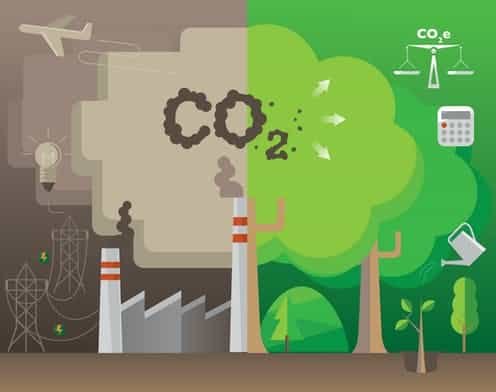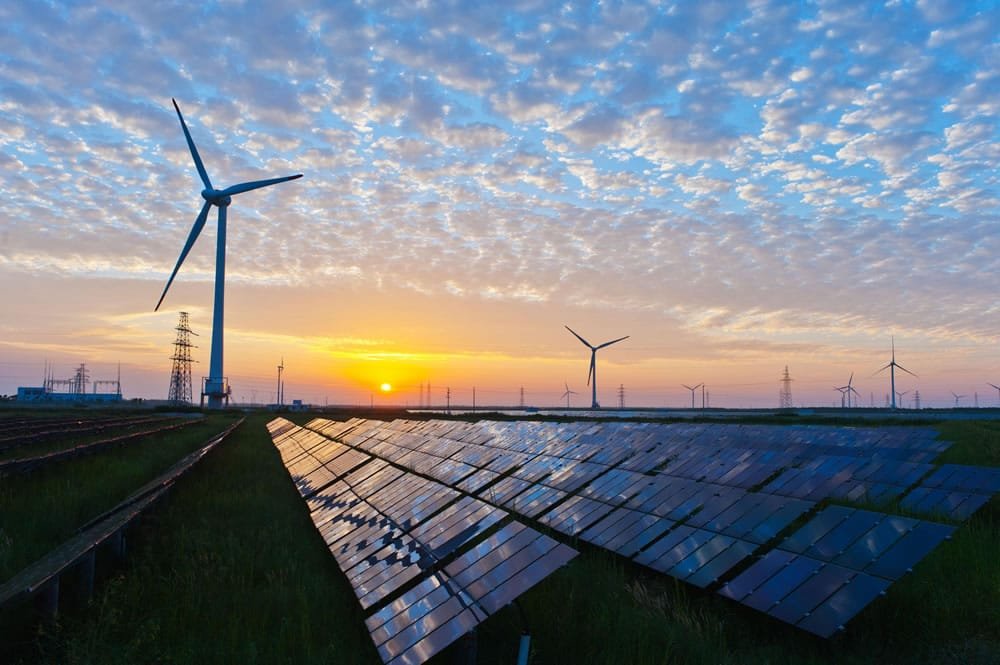I consider myself to be a pragmatic environmentalist – with realistic aspirations. But I find that I’m very uncomfortable about the clamour for the Net zero target – by 2050, 2030 or even sooner. Why?
Because:
- It’s possible to do more: Many businesses are setting their sights on ‘net zero’ when they could quite easily do a lot more.
- It limits aspirations: For those that could do a lot more, having net zero as their ultimate target, means they don’t look beyond that, to do more.
- It can seem impossible: Some companies may be disincentivised from significantly reducing carbon emissions because they’ll never get to net zero.
As you will see from the article below, Greta Thunberg’s not that impressed either. In her inimitable, direct fashion, she simply says that ‘Net Zero is not Net Zero’.
I think we need to maximise carbon reduction as soon as we possibly can. Do we need the target to help us do that? What do you think?


Here’s an article from The Times about the ‘fantasy of net zero’ (4may21)
It was, to steal a phrase, the article that launched a thousand tweets. While Joe Biden, Boris Johnson and other world leaders were celebrating their new-found enthusiasm for emissions targets, three respected climate scientists quietly published a devastating online essay raising serious questions about the “fantasy of net zero”. The current strategy, they said, is a “dangerous trap”. The authors, Robert Watson of UEA, James Dyke of Exeter and Wolfgang Knorr of Lund in Sweden, wrote: “We have arrived at the painful realisation that the idea of net zero has licensed a recklessly cavalier ‘burn now, pay later’ approach which has seen carbon emissions continue to soar.”
Cue hand-wringing across the board. Distant targets provide “excuses to postpone real action“, said Greta Thunberg. “Net zero is not zero”, her five million followers chimed in. Then came the defence. A “blanket dismissal” of the net-zero approach risks “tarnishing” the “myriad good faith attempts” to cut emissions, said James Murray of Business Green.
There’s no doubt that Watson, Dyke and Knorr have a point. The “net” in “net zero” allows a strategy in which greenhouse gases can continue to be pumped into the atmosphere until technology is created, or trillions of trees planted, to suck them back out. The very real phenomenon of greenwashing is another problem. When organisations from Tottenham Hotspur to Shell claim to be on course for net zero, when Saudi Arabia has a “pragmatic” net-zero strategy and fossil fuel firms promote their “responsibly sourced” oil, it is easy to be cynical.
But what choice do we have other than to make these targets? Ambition, no matter how distant, can only be a force for good. But it has to be realistic. It is true that net zero is not zero, as Thunberg’s followers point out. But setting a course for absolute zero would mean condemning agriculture, air travel and most of manufacturing to extinction, without the flexibility to find technological solutions. That would never get political support. The interim targets for 2030 and 2035 announced last month are crucial. They keep governments honest and hold them to taking action now, rather than putting it off to some distant future.
Net zero isn’t perfect, but it’s the best we’ve got. To quote Murray again, “where is the upside” to tearing it apart? “You’ve managed to get most everyone in power to agree to the effective full decarbonisation of the economy within 30 years so that the only debate is about how to achieve that goal, and now you want to torch the concept that helped deliver that rare bit of progress?”



